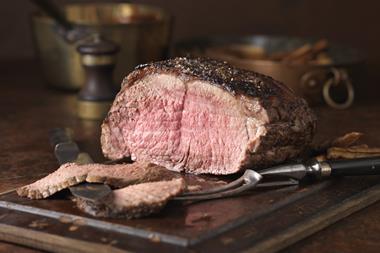Shoppers could face shortages of British free-range eggs if retail prices do not rise soon, producers have warned.
High feed prices and increased labour and energy costs are pushing the viability of free-range egg production to the limit, said Tom Vesey, chairman of the British Free Range Egg Producers Association, who warned shortages could be felt by the end of the year.
Although prices were increased in November, the pace of global commodity inflation meant a further 7p to 8p per dozen eggs was necessary for producers to keep their heads above water, he said.
Earlier this year BFREPA wrote to supermarkets to outline the problems facing the sector and explain why a rise was needed. It received only two responses, from Marks & Spencer and Sainsbury's, and no commitments towards a price increase.
"Retailers are resisting any sort of increase," Vesey said. "They say they can't put prices up because of the consumer reaction. I'm concerned about the short and long-term future of production."
If retailers could not source British free-range eggs, they would have to import them from abroad where welfare standards may be lower, Vesey added.
Sales of free-range eggs have soared this year and now represent 40% of eggs sold at retail, according to British Lion Eggs. "We think we've responded to what consumers want, but are being priced out of the market," Vesey added.
He also warned there could be further supply problems from January 2012, when EU regulations will prohibit the use of battery cages in poultry production. With many producers concerned that they will not be able to convert their facilities or that hens will not adapt to their new environment, this could lead to more imported eggs, he warned.
n Clarence Court has rolled out free-range pheasant and bantam eggs into Waitrose, Budgens, Harrods and Whole Foods Market. They will be supplied during the laying season from April to September.



















No comments yet